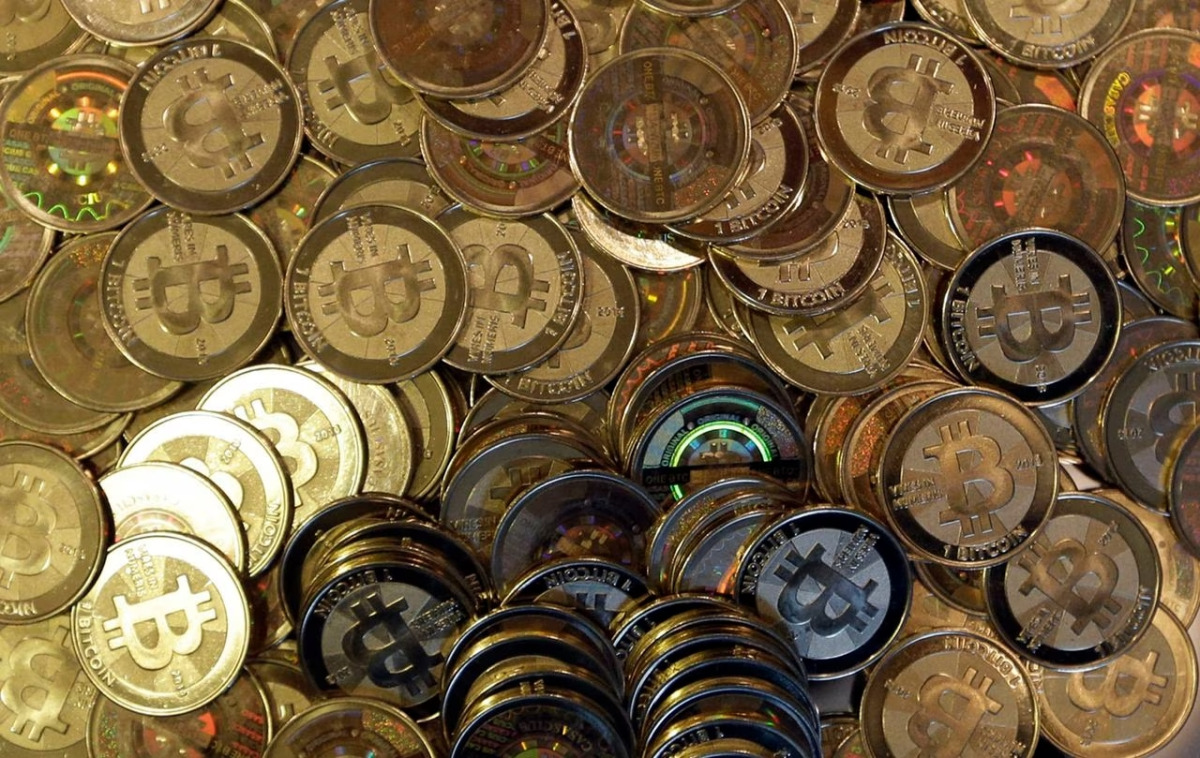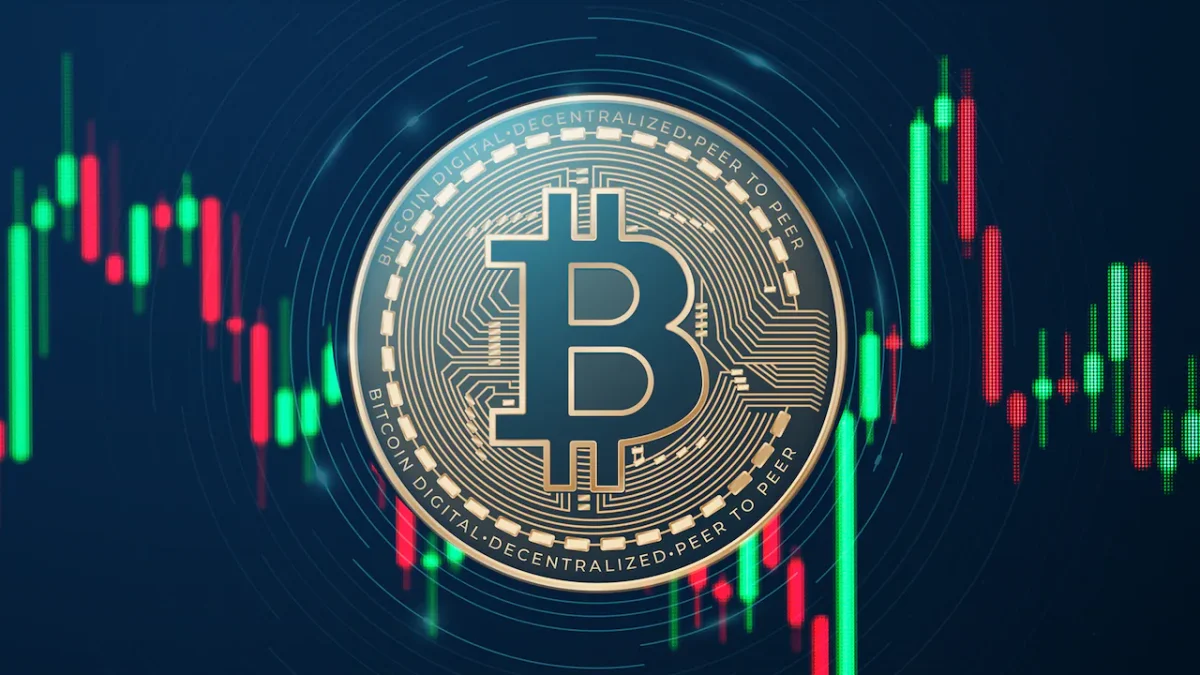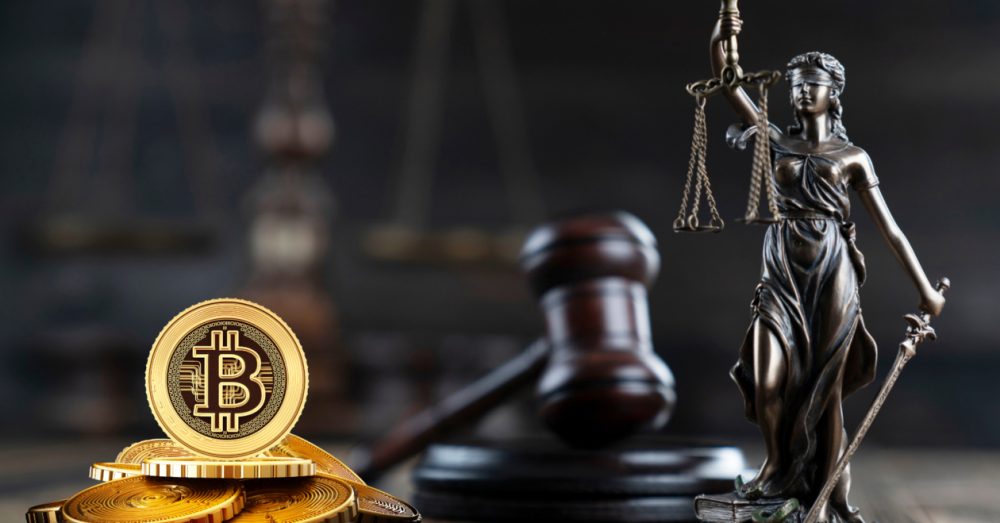The US House of Representatives discussed how the effective uses of cryptocurrencies and the lack of regulatory clarity in the US are hindering the development of the blockchain industry in the US. The House of Representatives Financial Services Committee and Agriculture Committee jointly met in May to work on crypto legislation. This represents a significant opportunity for the US to re-establish its leading position in internet infrastructure innovation. Here are the details…
What laws are critical for cryptocurrencies
The ‘internet’ as we know it is essentially a decentralized set of computers that talk to each other via open protocols on a public network. Each protocol has established a multi-stakeholder governing body. TCP/IP, DNS, HTTPS, etc. These protocols continue to evolve to provide additional capabilities that benefit society. Initially, internet protocols allowed several institutions to share information.

Protocol innovations allowed people to self-publish and securely send messages to anyone. Web2 protocol innovations made secure e-commerce and mobile application connectivity possible, bringing the internet everywhere. Their public blockchain is called “web3” because it offers the next major protocol innovation, giving unprecedented personal control over the ability to read, write AND own your data and assets without dependence on centralized intermediaries. Unlike Web2, where a user account only resides on a single company’s servers, in web3, the entire Blockchain network records account ownership. Web3 user accounts are persistent across a number of existing services on Blockchains.
What are some critical terms?
Public Blockchains are operated by a network of independent computers or nodes. Because public blockchain nodes act as the platform on which applications are built, they cannot finance operations by selling ads or subscriptions like Web2 brokers. Instead, users must directly compensate nodes through fees such as water and electricity charges.

Node fees are typically small and frequent, with hundreds or thousands of messages or transactions processed per second. It is not possible to send fractions of a penny so quickly, efficiently and globally using the current financial system. To solve this problem, public blockchains use a crypto asset or cryptocurrency to transfer value directly between users and operators. Cryptocurrency acts as the fuel on which the network runs. For example, last month the Hedera network processed more than 1.5 billion transactions. Each transaction costs one-tenth ($0.001) and one-hundredth ($0.0001) of a penny, paid in ‘HBAR’, the network’s native cryptocurrency.
What are the recommendations for Congress?
Blockchain’s ability to provide reliable and timestamped records allows people to store, track and track data in new and powerful ways. Jointly established at Stanford and the University of Southern California, Starling Lab has established a framework for verifying and preserving the authenticity of photographs and other evidence used to protect the USC Shoah Foundation’s Holocaust archive and testimonies from falsification. DOVU marketplace allows farmers to earn additional income by changing farming techniques and planting additional crops. Farmers’ actions are tokenized as carbon credits to finance carbon reduction projects.

Selling crypto assets to raise money to build a network or app is fundamentally different from using crypto assets as fuel to pay for network operating costs or provide access to other goods or services. Regulations should be adapted to address the unique characteristics of each. Building on the premise that crypto-asset regulation should protect consumers, enable innovation, and foster competition, Congress should pass legislation to create an activity-based framework that regulates the use of crypto-assets according to the nature of the transaction:
- First, Congress should clearly define and define the difference between “Digital Commodity” and “Digital Security” or when a digital asset is not a digital asset.
- Second, Congress should authorize the CFTC to regulate certain Digital Commodities activities, such as operating a centralized spot market. Clarity here will significantly improve consumer safety.
- Likewise, not all assets are securities, and not all digital assets are securities. The application of current securities law to all cryptocurrencies severely limits – if not prohibit – the actual use of public blockchains.







